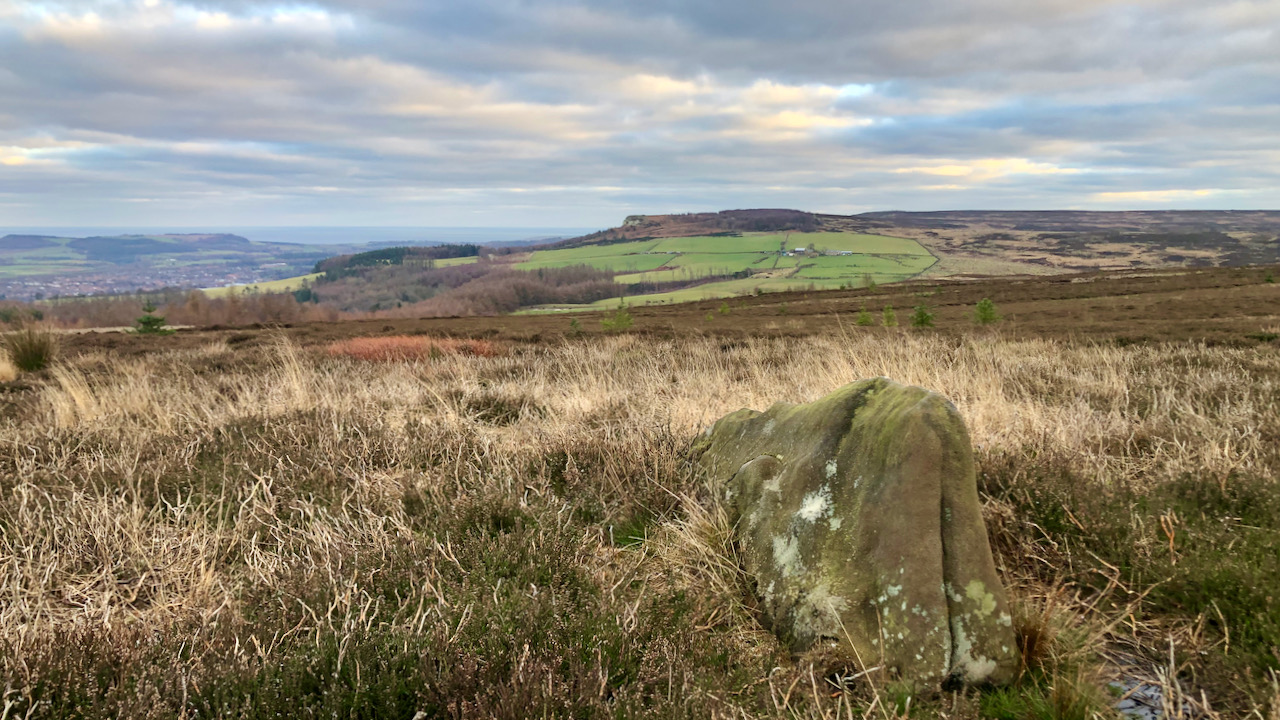The Monday after Epiphany used to be a day off for ploughmen up North. You’d enter a village and come across these agricultural labourers, all decked out in ribbons and those pristine white smocks, dragging the Fool-plough through the streets. It was their way of saying, ‘Hey, don’t forget, your bread depends on us pushing these ploughs!’ Christmas time didn’t line their pockets much, so this was like their little reminder.
Now, each group would have this character they called ‘Bessie.’ Usually, it was some young lad dressed up like a tacky, pantomime version of an old lady. He played the fool for the gang, belting out jolly folk tunes and jigging around in front of the plough. His mates would chime in with the singing, making a racket with whatever out-of-tune instruments they had on hand.
Accompanying Bessie was the Fool, a jocular countryman bedecked in an even more ludicrous attire. His solemn duty, which he carried out with utmost diligence, involved shaking a box amidst the onlookers, graciously receiving their donations. Should a contribution be made, the party’s gratitude found expression through the cry, “Largess!” But, if rejected at a particular house, they might begin to plough the ground before it or go inside and pretend to begin their ploughing activities within until some offering is given. Wise householders would habitually lock their doors on Plough Monday, favouring the external revelry of the merrymakers over their internal attentions. Funds duly collected, as such contributions usually were, were subsequently spent in the local hostelry1Brockett, J.T., “A Glossary of North Country Words in Use; with their Etymology, and Affinity to other Languages; and Occasional Notices of Local Customs and Popular Superstitions”, E. Charnley, 1829.
Memories of this strange old custom is still observed in a mild form in some parts of the country, exemplified by occurrences like the Goathland Plough Stots or the ceremonial plough benediction at Ripon Cathedral2‘Plough Sunday Service’. 2024. Ripon Cathedral <https://riponcathedral.org.uk/events/plough-sunday-service/?occurrence=2024-01-14> [accessed 8 January 2024]. In a similar vein of an occupation suffering the seasonal downturn in their usual earnings, in Newcastle, the keelmen, when the River Tyne was blocked by ice, sometimes used to haul a boat about the streets collecting charitable donations3Brockett, J.T., “A Glossary of North Country Words in Use; with their Etymology, and Affinity to other Languages; and Occasional Notices of Local Customs and Popular Superstitions”, E. Charnley, 1829.
For today’s photo, it would’ve been splendid to capture an image of a diligent ploughman toiling away, his tractor accompanied by flocks of seagulls. Alas, the low-lying fields are inundated to such an extent that even the most robust tractor would find itself firmly mired. The postioning of the boulder in the photo, on Hutton Moor, looks unnatural to me.
- 1Brockett, J.T., “A Glossary of North Country Words in Use; with their Etymology, and Affinity to other Languages; and Occasional Notices of Local Customs and Popular Superstitions”, E. Charnley, 1829
- 2‘Plough Sunday Service’. 2024. Ripon Cathedral <https://riponcathedral.org.uk/events/plough-sunday-service/?occurrence=2024-01-14> [accessed 8 January 2024]
- 3Brockett, J.T., “A Glossary of North Country Words in Use; with their Etymology, and Affinity to other Languages; and Occasional Notices of Local Customs and Popular Superstitions”, E. Charnley, 1829

Leave a Reply